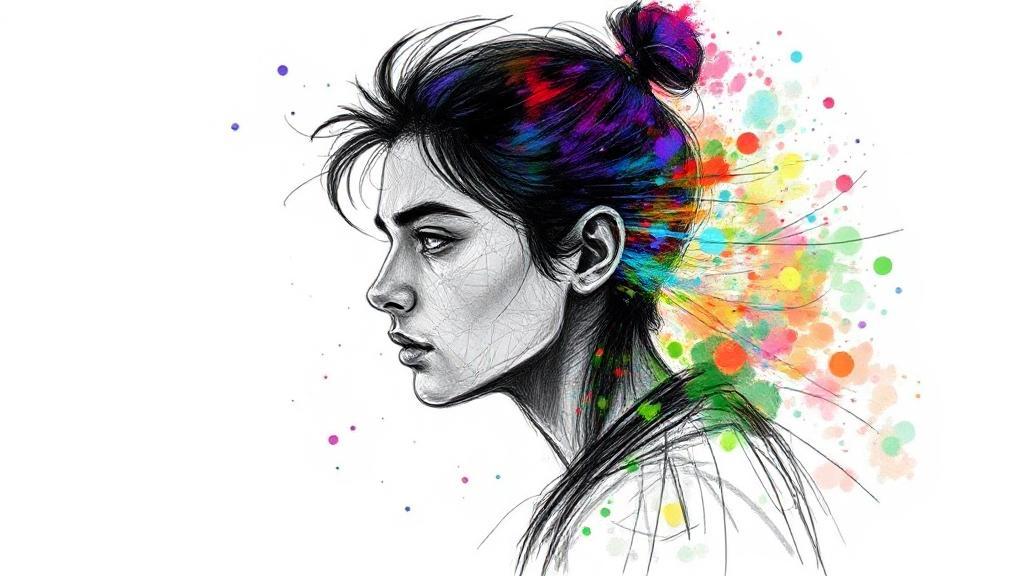Understanding Generative Fill
Generative Fill is an AI-powered feature in Adobe Photoshop that uses Adobe's Firefly technology to intelligently fill selected areas of an image. It analyzes surrounding pixels and generates content that seamlessly blends with the existing image. This tool is particularly useful for:
- Removing unwanted objects
- Extending backgrounds
- Filling in gaps or missing parts
- Creating content based on text prompts
Getting Started
Prerequisites
- Update to Photoshop version 24.5 or higher
- Sign in to your Adobe Creative Cloud account
- Locate the Generative Fill tool (shortcut:
Shift + Alt + X)
Basic Steps
- Open your image in Photoshop via File > Open
- Select the area using tools like:
- Lasso Tool: For freehand selections
- Rectangular Marquee Tool: For rectangular selections
- Quick Selection Tool: For selecting areas with similar colors
- Access Generative Fill through the Edit menu
- Customize settings in the dialog box:
- Content Type: Choose texture, pattern, or object
- Blend Mode: Select blending method
- Opacity: Adjust transparency
Advanced Techniques
Text-to-Image Generation
Pro Tip: Be specific with your prompts. Instead of "add a tree," try "add a tall pine tree with snow-covered branches."
Working with Layers
- Always work on a new layer for reversible edits
- Use layer masks for precise control
- Keep original content on separate layers
Best Practices
Optimization Tips
- Start with high-quality source images
- Make selections slightly larger than needed
- Use multiple iterations for best results
- Save versions frequently
Troubleshooting
Common Use Cases
Removing Unwanted Objects
Simply select the object and let the AI fill in the space with matching content.
Extending Backgrounds
Perfect for extending backgrounds for banners or larger prints while maintaining the original look.
Creative Applications
- Architecture visualization
- Product photography enhancement
- Landscape expansion
- Portrait background modification
- Content-aware image resizing
Limitations
Generative Fill may not be ideal for:
- Highly detailed technical images
- Complex patterns requiring exact repetition
- Specific brand elements or logos
- Precise human anatomy
For more detailed information, visit Adobe's official guide on Generative Fill or check out tutorials on Adobe's Behance platform and YouTube's Photoshop training channel.
